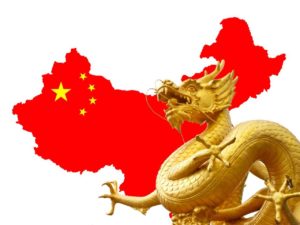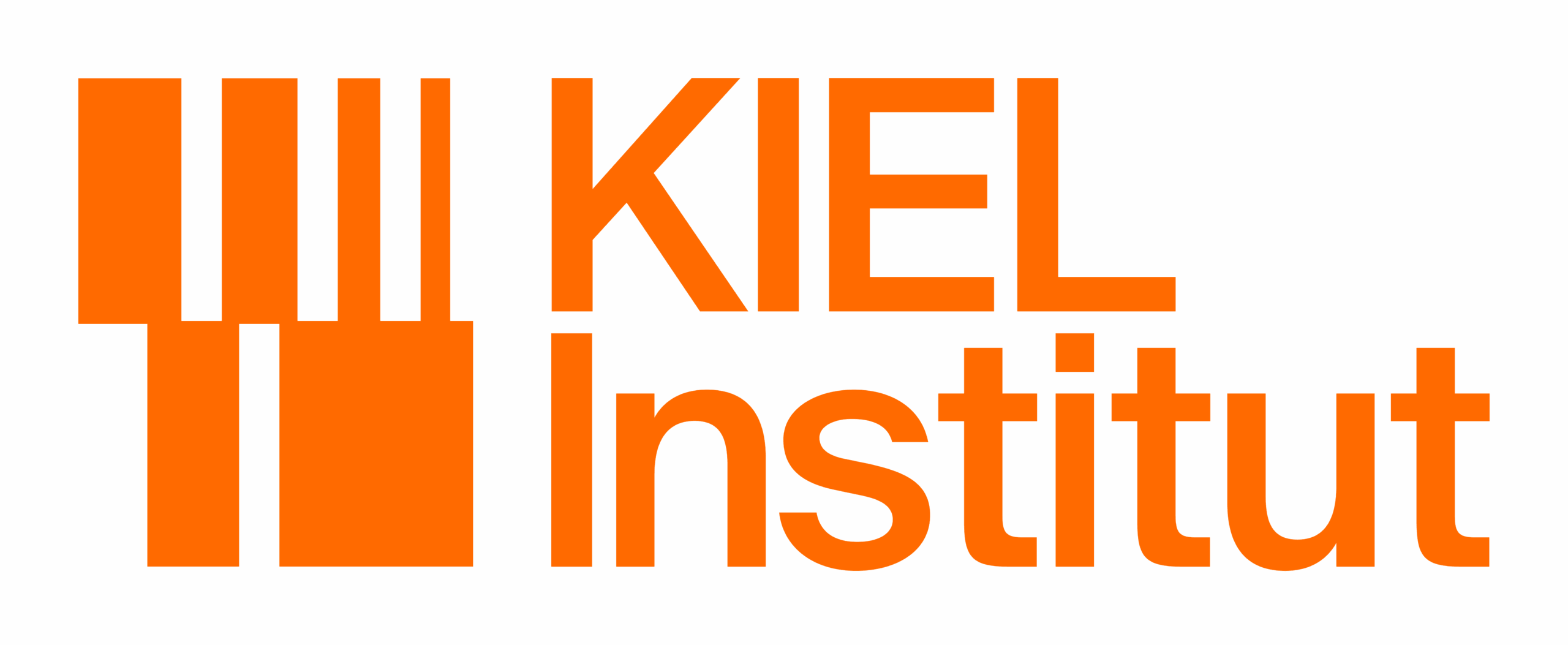Research Grant Extended: Kiel Research Project on Environmental Impact of Global Producers in China

In recent years, marked by growing economic tensions and geopolitical conflicts, foreign direct investment (FDI) in individual—often authoritarian—countries such as China has come under increasing scrutiny. At the same time, China as one of the world’s most attractive destinations for FDI in the past decades, is nowadays the largest emitter of Carbon dioxide (CO2). This raises important questions about the environmental impact of production relocation to China, particularly on global emissions and pollution.
For this reason, KCG researchers (Prof. Holger Görg, Ph.D. (KCG, IfW & Kiel University), Prof. Aoife Hanley, Ph.D. (KCG, IfW & Kiel University), Dr. Wan-Hsin Liu (KCG & IfW), Dr. Finn Ole Semrau (KCG & IfW), Lars Hecker (KCG & IfW)) started the “Global Producers in China: Empirical Evidence on FDI, Product-Mix and Emissions” project in October 2023 with an initial research grant from the Fritz Thyssen Foundation for two years to analyze the link between FDI and environmental costs, focusing on firms – domestic and foreign multinational enterprises (MNEs) – operating in China.
Findings from the first research phase reveal that the absolute levels of pollutants remained relatively constant over the study period. But relative to output, there was a decline in all pollutants analyzed. Participating in global value chains (GVCs) generally leads to a lower pollutant intensity of firms in China, and this effect is further amplified if the firms in China received FDI. Foreign firms in China that are closer to the end of the value chain are found to be more incentivized to adopt sustainable practices. The impact of GVC participation on firms’ pollutant intensity in China depends, however, also on whether they only sell their products in China or simultaneously trade with other countries. Firms that export are generally associated with reduced pollutant intensity compared to those firms which focus solely on the domestic market.
The project received an extended grant from the Fritz Thyssen Foundation in late June 2025 and thus secured further financial resources for the project team to continue its research on this highly policy-relevant topic. With the third-year funding until Sep. 2026, the team will be able to deepen its research so far and additionally address some critical gaps highlighted in the related literature, particularly the “black box” of the role of product mix of MNEs for their cleanliness. Project findings have been and will be further shared with the experts and the interested public in the form of publications and public presentations. Additionally, a project workshop is planned in Fall 2026.



 KCG Projects
KCG Projects


